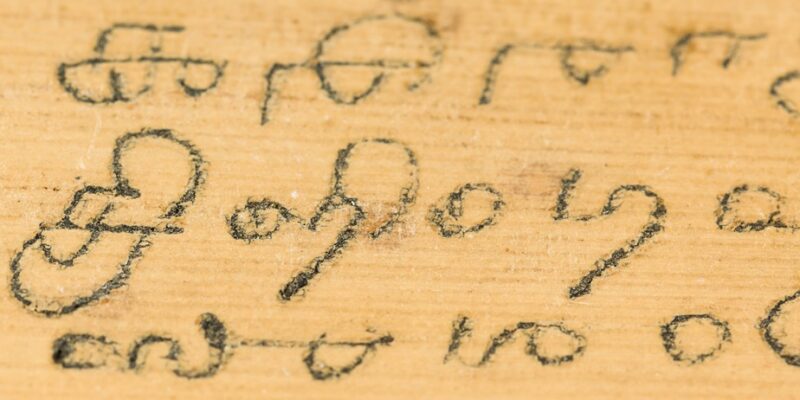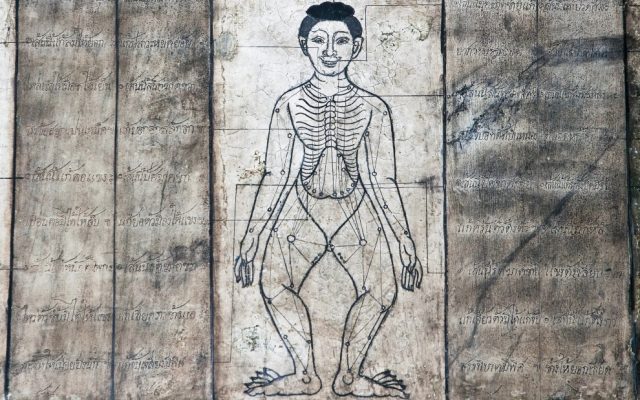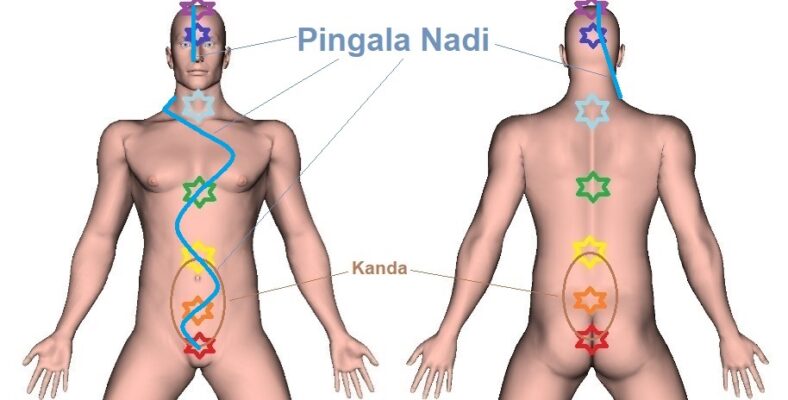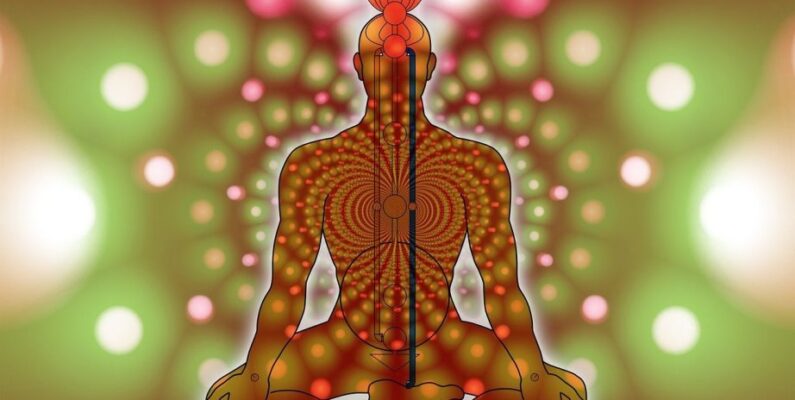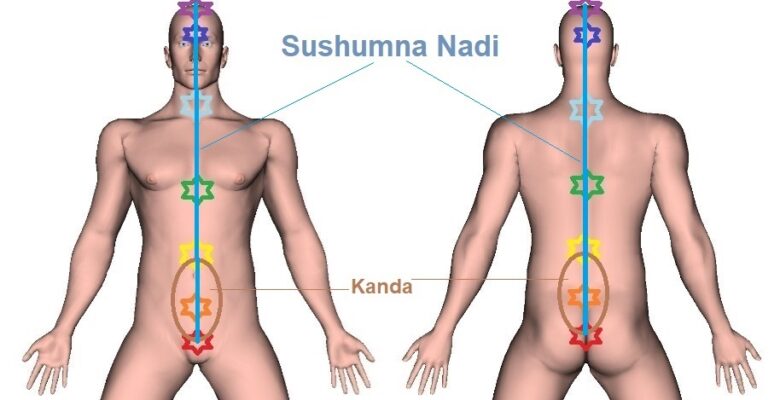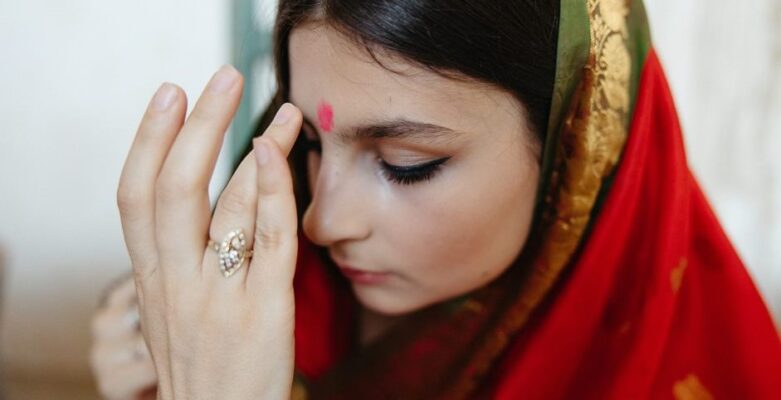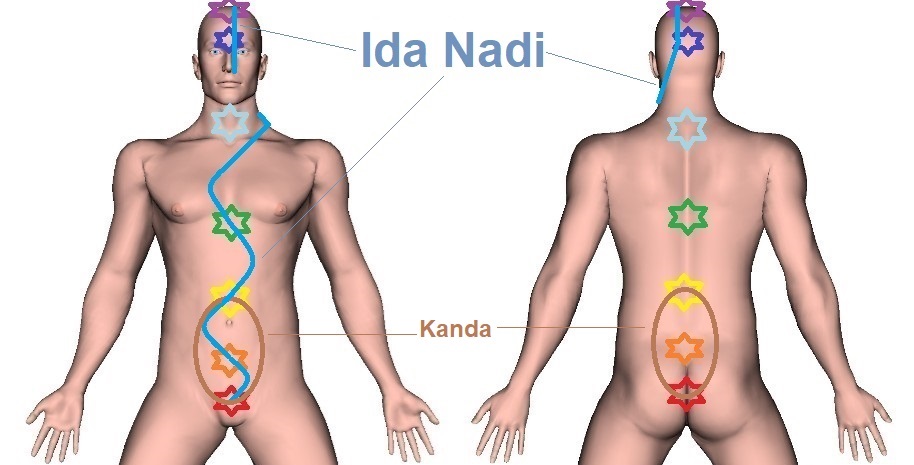
In this post, we’re not going to look at the function, trajectory or location of Ida Nadi in the body, but rather at the definition, interpretation, and literal meaning of the name of this Prana Energy Channel.

Additionally, we’ll also discuss the semantic and symbolic meanings of the various synonyms of Ida Nadi, which are Chandra Nadi, Sasi Nadi, Vama Nadi, Ganga Nadi, Bhagavati Nadi, Vali Nadi, and Vala Nadi.
In Sanskrit (the ancient language of India), the word Ida can mean many different things, which include “libation” or “oblation” in the sense of “something being presented or offered to a Deity,” or “recreation,” “comfort,” “heaven” or its opposite “earth,” or “praise,” “refreshment,” the “present,” the “here and now,” the name of a Goddess — typically referring to the Goddess Parvati, an embodiment of Shakti — and other meanings that sometimes seem to have very little to do with each other.
Nevertheless, in the larger Yoga community it’s generally thought that Ida Nadi means something like the “Energy Channel of Comfort,” that is, the channel that relaxes and cools down.
This meaning of “comfort” gets more clarity in relation to one of the most important synonyms of Ida Nadi, that is, Chandra Nadi (i.e. Candra Nadi) which translates to Moon Channel or Lunar Channel (or alternatively to Shining Channel or Lovely Channel). As it is, some of Ida’s qualities — like those of the moon — are cooling, calming, creative, resting, and white. Chandra is likewise the Hindu God of the Moon.
The synonyms Sasi, Shashi, or Sahsi mean “moon” or “governing” in the Indian Pali, Marathi, and Hindu languages, as such having the same meaning as the Sanskrit word Chandra we’ve just discussed.
The name Bhagavati can refer to any Hindu Goddess, and is actually a general honorific title for female deities in Hinduism. It clearly points to the sacred feminine character (i.e. feminine quality) of Ida Nadi.

Another well-known synonym for Ida is Ganga Nadi and refers to the Indian Ganga river (Ganges), but then in the symbolic sense of the confluence of the Ganga river, Yamuna river (stands for Pingala Nadi), and Sarasvati river (stands for Sushumna Nadi), which at their meeting point form the Triveni Point (Triveni meaning “three streams”), which is at the location of the Ajna Chakra (Third Eye).
The name Vama obviously relates to Ida Nadi being located at the left side of the body (and also governing the left part of the body) because in Sanskrit it has the meaning of “left,” “left hand,” or “situated on the left side.” Mind that Vama can have many other meanings, such as lovely, pleasing, pleasant, reverse, contrary, opposite, beautiful, splendid, short, charming, and noble, among others.
The word Vali is derived from Vala — both likewise synonyms for Ida — but the meanings are hard to bring in correspondence with Ida Nadi. In any case, some of the widely different translations for Vali and Vala are fold, wrinkle, possessor, keeper, pole, post, beam, line, streak, offering, protector, patron, befriender, and master.







